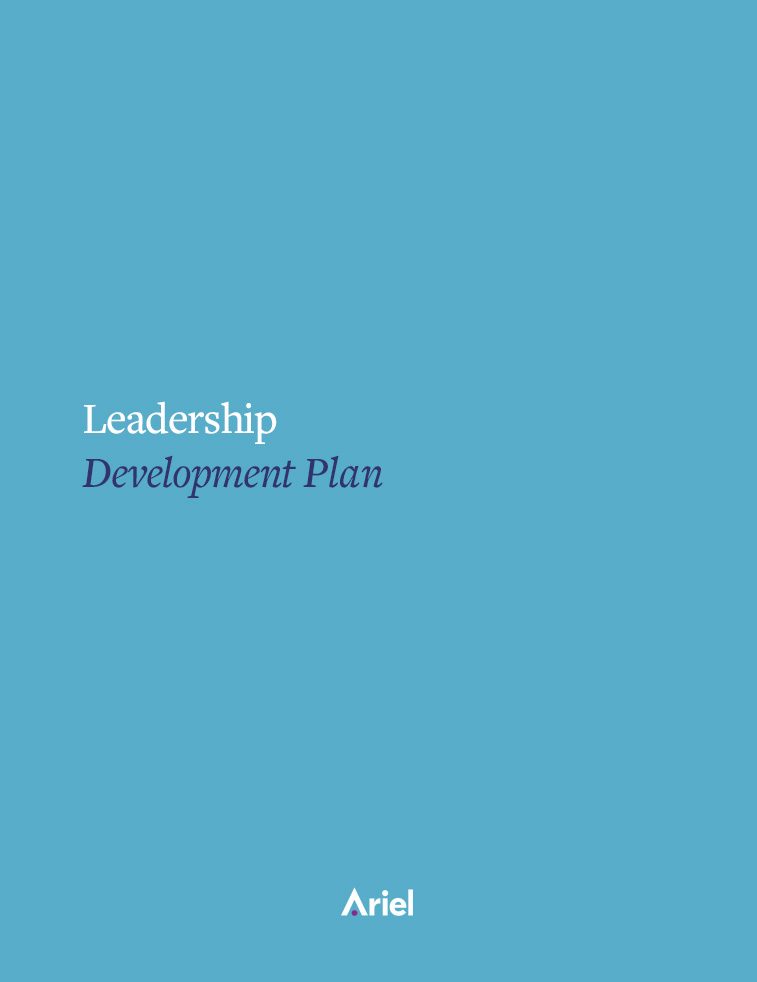Predictions for 2025: The future of leadership development and communication training

An interview with Agnes Mura and Andrew McMasters.
What will change in the business landscape in 2025? We spoke with two experts, Agnes Mura (executive coach and former finance executive) and Andrew McMasters (author, business leader, and published author) about their predictions for 2025. Read on to find out what challenges and opportunities they see for leadership development and communication training.
- What soft skills do you foresee leaders, managers, and employers needing to focus on in 2025?
- What emerging challenges do you foresee leaders facing in 2025 and how can they best prepare to resolve them?
- Do you have any insights on how you anticipate AI and automation impacting the workforce and any challenges and opportunities this would create?
- What role will leadership development and executive coaching play in 2025?
- Do you have any other business predictions that you think will be important or noteworthy in 2025?
What soft skills do you foresee leaders, managers, and employers needing to focus on in 2025?
Andrew McMasters: Listening. As someone who runs a company, the times that I wasn’t present and listening had a massive impact on my employees. I’ve made the mistake of sitting at a staff meeting and then pulling out my phone. And the minute you do that, everyone else now has the freedom to do the same.
You have to model the behavior that you want to see. I believe listening to engage, listening to make connections, and listening to build relationships is an incredibly valuable soft skill. I find people are often listening to solve a problem or listening to get something off their plate. They think: How quickly can I deal with this and move on to the next thing?
We should be asking: How do we want to be listened to? Once we know, we can reflect on how we can modify our listening to listen to others how we would like to be listened to.
What emerging challenges do you foresee leaders facing in 2025 and how can they best prepare to resolve them?
Anges Mura: I hear from leaders every week how tangibly and personally the VUCA (volatility, uncertainty, complexity, ambiguity) world is impacting them. They feel a strong responsibility to foster a “can-do” mood within their organizations at a time when technology is advancing so rapidly that it creates an unprecedented gap between early adopters and those slower to adapt. This divide stems from a mix of socio-economic, generational, cultural, and psychological factors.
Amid such disruptive business pressures, leaders face the dangers of oversimplifying complex issues, resorting to deceptively quick fixes, and succumbing to increasing fragmentation—whether in organizational divisions or societal labels. These challenges are more pervasive and harmful than ever, demanding thoughtful, nuanced responses.
Do you have any insights on how you anticipate AI and automation impacting the workforce and any challenges and opportunities this would create?
Andrew McMasters: The most important thing to remember is that AI is a tool, but it has no ‘intention’ or ‘passionate purpose’ behind it (concepts we teach at Ariel.) It’s a wonderful tool to use as a reference, but you can’t use it to inspire and motivate people because it won’t.
I think AI is great for finding facts and information easily. I’ve asked it for a first draft, and even if the first draft is not okay, it gives me an idea of what I want to write. But it’s useful to remember that what it spits out has no passion, no life.
For example: There’s a new AI tool that you can load up pictures of yourself to create a business headshot. But when you look at the picture, you can see there’s no soul there. Life is what comes through on the camera, but AI can’t imitate that because there’s no thought process in AI, no idea behind the picture, no spark.
What role will leadership development and executive coaching play in 2025?
Anges Mura: In this environment, leaders at every level will increasingly seek (and deeply value) moments of sanctuary—spaces to reflect, share, and think beyond the immediate demands of their roles. Stepping away from the relentless pace of switching between tasks, stakeholders, and the strategic, tactical, and personal domains is becoming essential.
For leadership development professionals and executive coaches, staying on the cutting edge of the neuroscience of adult learning—both individual and group dynamics—is critical. Understanding the evolving ways people are being called to interact with each other and the business world is the key to our relevance.
As a global executive coach, I witness daily how much leaders appreciate these grounding interactions. Our ability to provide these moments of clarity and connection will make us even more valuable to those who choose to embrace the challenges of leadership.
Do you have any other business predictions that you think will be important or noteworthy in 2025?
Andrew McMasters: One possible scenario I can see happening is budget cuts to communication training programs. Training tends to be one of the first things that goes in a budget cut, but I think it’s a counterintuitive move, especially considering the business motivations of younger generations.
Gen Z and even millennials see their emotional attachment to the organization they’re working with as important as the output of what they are doing. For these generations, that emotional impact has got to be there. And if we don’t have managers and leaders speaking to that emotional impact, we are going to lose an entire generation of people who are dedicated and will do amazing work.
These leaders need to understand that these individuals need to be engaged on all levels. They need to like what they’re doing, be inspired on an emotional level, and believe in the values of their organization. It all has to tie together.
Without communication training, older managers might not understand how to motivate these employees. I think the counterintuitive piece is that training might get cut at a time when it’s needed the most. And especially for these younger generations, it will cause more people to leave their jobs and feel disillusioned. But, if you kept training, you could have a brilliant, young, and motivated workforce.
